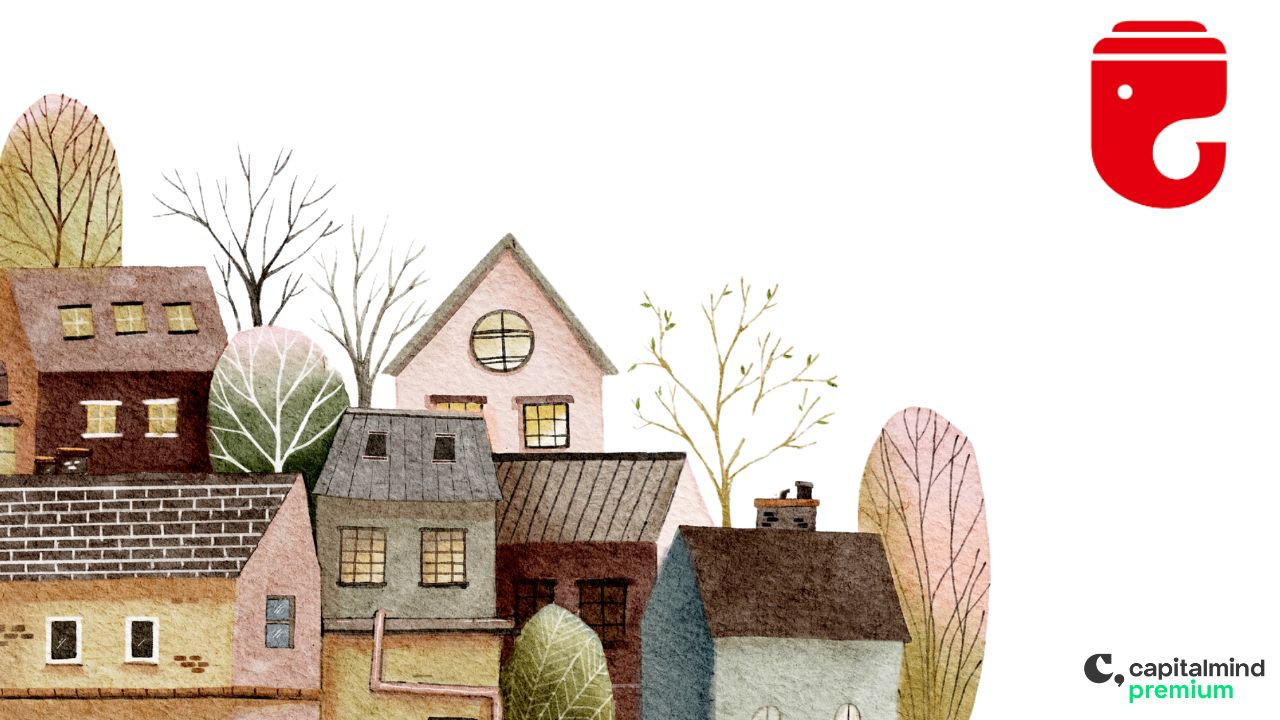The Zee-Saga is getting hotter. Remember that the Zee promoters had gotten hurt by having pledged too many of their shares for other things (Essel Infra and power and the like). Read: The Risk of Leverage and Zee Promoters.
This resulted in:
- Zee promoters not being able to pay back for the debt borrowed by the Essel group entities
- Some people sold shares like crazy in January 2019 resulting in a crash of some 40% in the Zee price.
- This spooked the market which had over 10,000 cr. in exposure – because if 400 cr. could hit the share 40%, what happens to the rest?
- So they – mutual funds and others – struck a deal with the Zee promoters
- They wouldn’t sell shares. But the Zee promoters have to sell their assets or sell Zee shares in a better way, and get the money back.
- This resulted in some mutual funds not being able to pay their obligations in certain FMPs (Read: The FMP Saga with Zee, and Kotak, and HDFC)
- Now this deal.
The New Deal Part 1: Oppenheimer Bumps Up Its Stake
Zee promoters will sell “upto” 11% stake to Oppenheimer, where the “upto” depends on how much the lenders allow this stake sale to go through. There are many people who’ve lent to the Essel group. They will all want a piece of this pie. The Zee promoters will have to work with each of the lenders – mutual funds, insurers and banks – and distribute the proceeds properly. Only then will the lenders allow the shares to be sold.
Oppenheimer already owns about 7%. They’ll go up to 18%.
Oppenheimer will pay Rs. 4,224 cr. for this. This amounts to a 10% premium on the current price (market cap of Rs. 34700 cr. today) which translates to a price of Rs. 400.
But This Isn’t Enough!
Just against shares, more than 11,000 cr. is pledged. That’s gotta be paid back. But this deal is only 4,224 cr., so where will the rest come from?
The answer, according to the Zee promoters:
- They have some bids for their road and power assets.
- They will close those bids. All non-binding right now, so this actually means very little.
- Once they do that, they’ll have some money, hopefully.
- So that money, plus the above Rs. 4,224 cr. , should help pay back the total of 11,000 cr.
- If not, they’ll sell more Zee stake.
- In the next two months.
This sounds like a plan. But let’s hope it happens.
What Does This Mean For Mutual Funds?
If you own an FMP that owes you money, such as the Kotak funds, you will want to know this: How much will I get?
If you consider that currently they will negotiate and get back about 38% of what is owed, you can estimate that the maximum you will get back is Rs. 38 out of every Rs. 100 you are owed.
The rest will come later, possibly by end-September or early October.
For HDFC AMC which has this debt on its own books and has actually taken a loan to pay for it, it will mean a small relief. So HDFC AMC investors (including yours truly) can be slightly happy, perhaps.
Would I buy Zee or Dish TV?
The strategic sale didn’t work. Meaning, a Sony or some such large media company was being wooed, and they didn’t bite. The promoter says it’s due to tight timelines, but we know they can’t say anything negative.
The problem is still that there’s a lot more that needs to happen before the rest of the money is recovered. Subhash Chandra of Zee is a smart negotiator, but the lenders will want the money as fast as possible.
With this context, Zee continues to have good results, but there’s an issue here that Zee itself has lent money to the problem entities (promoter group). If that continues, then we have a situation where a strategic buyer will not want to buy! I would personally wait to see how this evolves – the upside is probably limited from here, especially if the stock opens higher tomorrow.
Dish TV might actually be sold as a whole, so it’s going to be a longer game there – but then, Dish TV isn’t going to be as relevant a few years later due to the growing grasp of the internet, and subscription initiatives like Zee5, Hotstar and at the high end, Netflix.
Overall, good developments for the market and for the company. Some faith will be restored. The mutual funds will have a small bar of chocolate but it’s not time to open the champagne yet. Still, something’s better than nothing.




